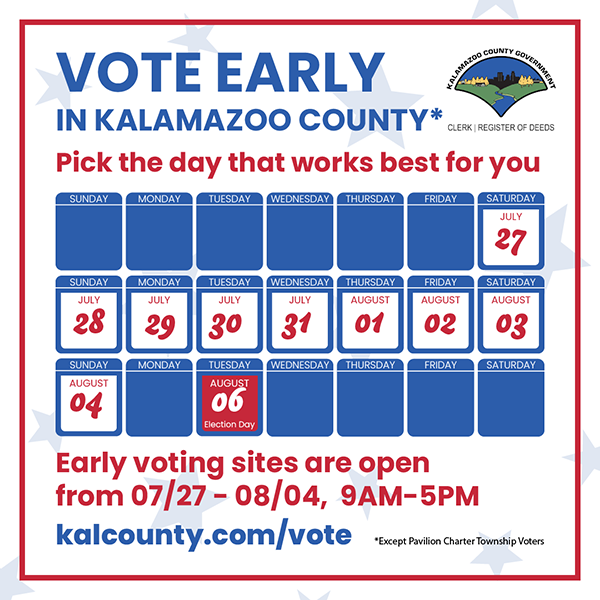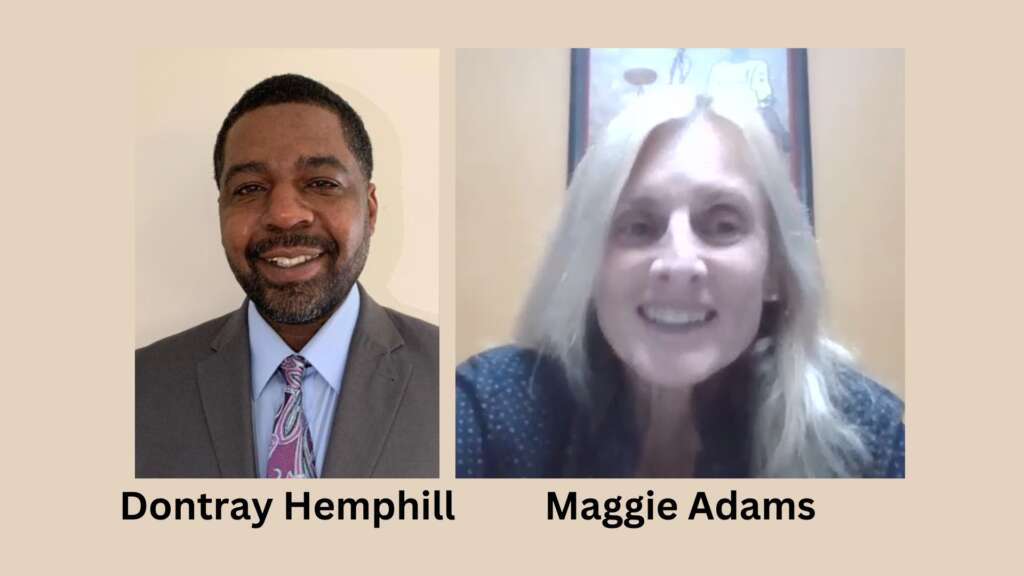 Dr. King’s Beloved Community work charges us to continue organizing and advocating until all individuals in Kalamazoo are held as Beloved. While organizing and impacting policy and practice changes, we at ISAAC must be intentional to ensure policies are equitable, anti-racist and hold no unintended consequences. In 2018, we were so happy to be introduced to an awesome community leader, Patrese Nicole Griffin who had recently researched and written a brief addressing local housing policy using a critical cultural lens. She did so out of love for our community and because she saw a gap between policy and impactful change. We thank God for Patrese and are blessed that she is part of our ISAAC Family. Please read her words below for an update on housing in Kalamazoo.
Dr. King’s Beloved Community work charges us to continue organizing and advocating until all individuals in Kalamazoo are held as Beloved. While organizing and impacting policy and practice changes, we at ISAAC must be intentional to ensure policies are equitable, anti-racist and hold no unintended consequences. In 2018, we were so happy to be introduced to an awesome community leader, Patrese Nicole Griffin who had recently researched and written a brief addressing local housing policy using a critical cultural lens. She did so out of love for our community and because she saw a gap between policy and impactful change. We thank God for Patrese and are blessed that she is part of our ISAAC Family. Please read her words below for an update on housing in Kalamazoo.
- Elder King and Charlae
ISAAC President and Executive Director
It’s been a little over 9 months since I wrote Policy Solutions to the Housing Crisis in Kalamazoo, a brief that addresses barriers to obtaining housing as well as confronting the systemic issues that perpetuate homelessness. Policy solutions I lifted for discussion included: Source of Income Protection; Addressing Evictions; Centralized Housing Navigation; Rental Application Assistance Fund and Local Fair Housing Laws/Ordinances. The brief was first introduced to the ISAAC Housing Task Force by Kevin Ford, Shared Prosperity Kalamazoo Coordinator. This was a blessing. I then went to an ISAAC Housing Task Force Meeting to find out about this organization and what it does. The timing was divine as it was right when “asks” for the Public Meeting were being ironed out. What stuck out the most about ISAAC is that they were accepting of information and testimony from someone who was directly affected and acted immediately.
Around this same time, I also became aware that Kalamazoo was one of only three locations nationwide to receive the Government Alliance on Race and Equity (GARE) Implementation and Innovation Fund. This grant was awarded to strengthen partnerships and develop a racial equity lens for fair housing. Through community engagement, surveys were disseminated and focus groups were held to ensure the voices of those impacted the most were heard. The following with Michigan Department of Civil Rights (MDCR) are Kalamazoo community partners in this Innovative Grant Work Group: City of Kalamazoo, Kalamazoo Community Foundation & Truth, Racial Healing and Transformation (KZCF and TRHT), Interfaith Strategy for Advocacy and Action in the Community (ISAAC), and the Fair Housing Center of Southwest Michigan (FHC).
Now, fast forward to October at the ISAAC Public Meeting where Public & Elected Officials, Leaders and Candidates were asked and committed (before Community Members) to adopting ordinances that will increase housing choice, specifically Source of income and Fair Chance. The former is an added protected class that would prohibit landlords from refusing to rent to qualified residents solely on the basis of how they pay their rent i.e. with a housing voucher or from the Vote Yes 4 Kids millage (which offers housing support to individuals and families with children in school). The latter gives people with prior arrests and convictions the opportunity to secure housing.
During the ISAAC Public Meeting community members and leaders were given information to understand the challenges individuals and families go through daily for months and sometimes years and the effects it has on their mental, emotional, and physical well-being. It was also a step in the direction of changing the narrative of who is homeless in this community and what being homeless looks like. Examples of stats shared at the Public Meeting include: Black people make up only 11% of the population but 60% of the homeless population. Over half of those individuals are women with school aged children. Disproportionately Black people are affected, however, the barriers to get an application hinder everyone who finds themselves in a state of homelessness.
In between this Brief and the ISAAC Public Meeting I started writing the actual ordinances. It was just as important to address the reporting and enforcement piece, so a human rights ordinance is included. It took about 2-3 months to get a solid draft. Currently the drafts are in the editing phase. Ultimately there will be a package of ordinances that include what was mentioned above as well as an ordinance that addresses application fees.
Call to action: Support is still needed as these will be presented to the Kalamazoo City Commission. We will need everyone who believes in justice in housing to be present during that time. The effects of housing or the lack thereof is cross cutting with anti-racist work and anti-poverty work. I believe in the motto, “No one is free until we’re all free.” More information on ordinances will come in the near future, and we encourage you and your congregation/ organization to attend in support!
Throughout this journey I have been discouraged, encouraged, frustrated, had moments of pure bliss and other times where I wondered what I was thinking in presenting these policy changes. Yet, every day I talk to individuals and families who are in crisis trying to secure housing and am reminded just how necessary and important this work is. This is just a small piece, but definitely a step in the right direction. The most rewarding part is knowing that I was and am simply a member of this community who happens to care and is willing to do something about it! And that there are people who want the same outcomes for this community. The support I have received throughout this process has been amazing. The relationships and connections are invaluable. Together we will create a more just and equitable community!
– Patrese Nicole Griffin
 ISAAC
ISAAC





 Ed Genesis is an artist, poet, musician, organizer, entrepreneur, and community leader. Born and raised in Gary, Indiana and moved to Kalamazoo, Michigan permanently in his early 20’s, his love of art/music, his passion for his people and community, and his gift of creativity are evident in all areas of his work. In October 2018 Ed Genesis released a song to accompany the campaign he was working on around school push out, entitled Junior High, which was distributed nationwide including on his own iHeart radio station, Spotify, and iTunes.
Ed Genesis is an artist, poet, musician, organizer, entrepreneur, and community leader. Born and raised in Gary, Indiana and moved to Kalamazoo, Michigan permanently in his early 20’s, his love of art/music, his passion for his people and community, and his gift of creativity are evident in all areas of his work. In October 2018 Ed Genesis released a song to accompany the campaign he was working on around school push out, entitled Junior High, which was distributed nationwide including on his own iHeart radio station, Spotify, and iTunes.